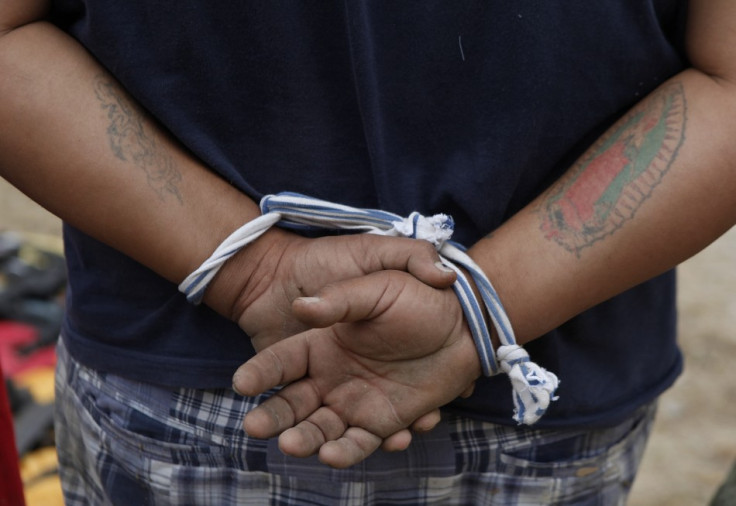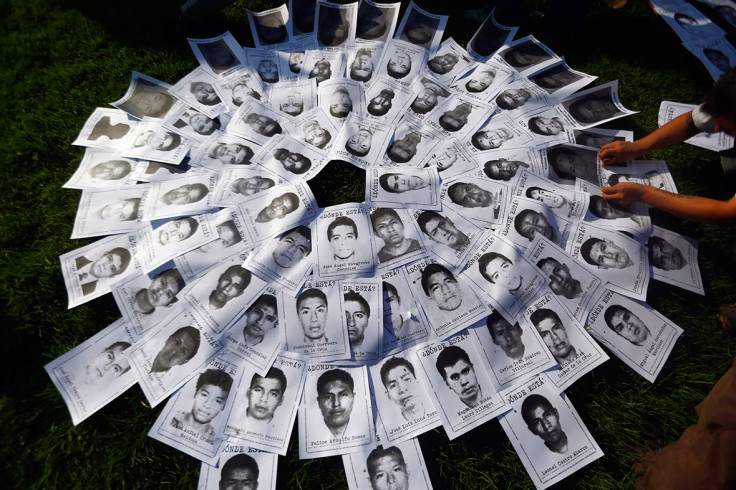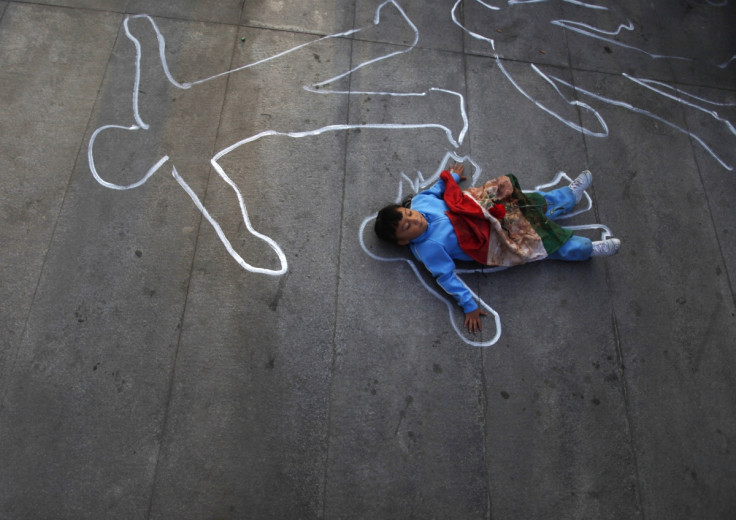Mexico: Arrest of drug kingpins La Tuta and Z-42 'won't end violence unless corruption is tackled'

Mexican police made headlines worldwide with the arrest of one of Mexico's most wanted drug lords at the beginning of March.
Servando Gómez Martínez aka "La Tuta" was arrested in Morelia, capital of Michoacan state, home to one of the most brutal drug cartels, the Knights Templar, of which he was the leader.
As authorities continue their crackdown on cartel members, who cause hundreds of deaths and kidnappings every year, IBtimes UK spoke with a resident from Michoacan on what La Tuta's arrest means for the inhabitants.
Ciro Davila is a dental assistant from the Michoacan port city of Lazaro Cardenas, which was controlled by the Knights Templar until the military recaptured it in 2013. When asked to describe the life he and his family lived under La Tuta, Davila replied by listing all the crimes the cartel committed at the expense of citizens.
"Terror, extortion, murders, dismembered bodies, kidnappings, 'protection tax', raping women and children," he said and claimed the government did not do anything to prevent such crimes from being committed.
He alleged: "Corruption exists at all levels in the government. There isn't anywhere to denounce abuse because they're all practically the same people."
According to Davila, the capture of La Tuta will not change anything for the citizens of Michoacan until the alleged widespread corruption was tackled at all levels.
"Even though they [authorities] have captured a kingpin, it doesn't mean they've done away with corruption or the daily terror that we live with. And many of us think that La Tuta's capture was timed in advance of the upcoming election," he said.
"When the elections are over, everything will be the same, just with new people ready to run the mafia. Now that all the political parties are involved in organised crime, when a new party comes to power, we also see a new crime group take over."

Mexico's 43 missing students and Pena Nieto's unpopularity
Mexico has witnessed a surge in protests as thousands of people are voicing their dissent against the government, led by current president Enrique Pena Nieto, who is accused of not having done enough to discover the fate of 43 students who went missing from Iguala town, Michoacan, in September 2014.
The students, from the Ayotzinapa Teacher Training College, disappeared after staging a protest against what they perceived as an unfair hiring process for teachers, which favoured urban applicants over rural ones.
It is alleged they were abducted by corrupt police and handed over to the Guerrero Unidos drug cartel upon instructions from the then Iguala mayor, José Luis Abarca Velázquez, who feared the students' protest could disrupt an event being held by his wife, Maria de los Angeles Pineda Villa.
Prosecutors said the students were allegedly killed and their bodies burned on a pyre for 14 hours, making it almost impossible for authorities to identify the remains.
"Nobody in Mexico likes Pena Nieto," Davila said. "Ayotzinapa is just one of the many incidents that happen all over the country because of the government's repression aided by drug cartels."

Violence most likely to continue
Shortly after the capture of La Tuta, Mexican police arrested the leader of the Zetas cartel, Omar Trevino aka "Z-42".
Andrew Chesnut, professor of religious studies at Virginia Commonwealth University and author of a book on the cult of Santa Muerte, thinks the capture of both kingpins might signal a turning point in the war against drug cartels and corruption, but murders and kidnappings of innocent people will still occur.
"The most likely scenario in the aftermath of the incarceration of La Tuta and Z-42 is continued bloodshed in Michoacan and north-east Mexico as new cartels emerge and others reconfigure," he told IBTimes UK.
"In Michoacan, the capture of La Tuta is the death sentence for his Knights Templar cartel, which was already severely weakened by both self-defence groups that emerged in 2013 and the recent death and apprehension of other cartel leaders.
"Up in north-eastern Mexico, the arrest of Z-42 could provoke even greater violence in Monterrey, Nuevo Laredo, along the Texas border region as the lack of a clear successor to Z-42 could unleash an internecine struggle to control the reigns of power.
"In the long term, the continuing process of legalising marijuana combined with a growing preference for pharmaceutical drugs could lead to the eventual demise of Mexican cartels. In the short term, however, the violence will most likely continue unabated despite the arrests of leading kingpins."
© Copyright IBTimes 2025. All rights reserved.




















